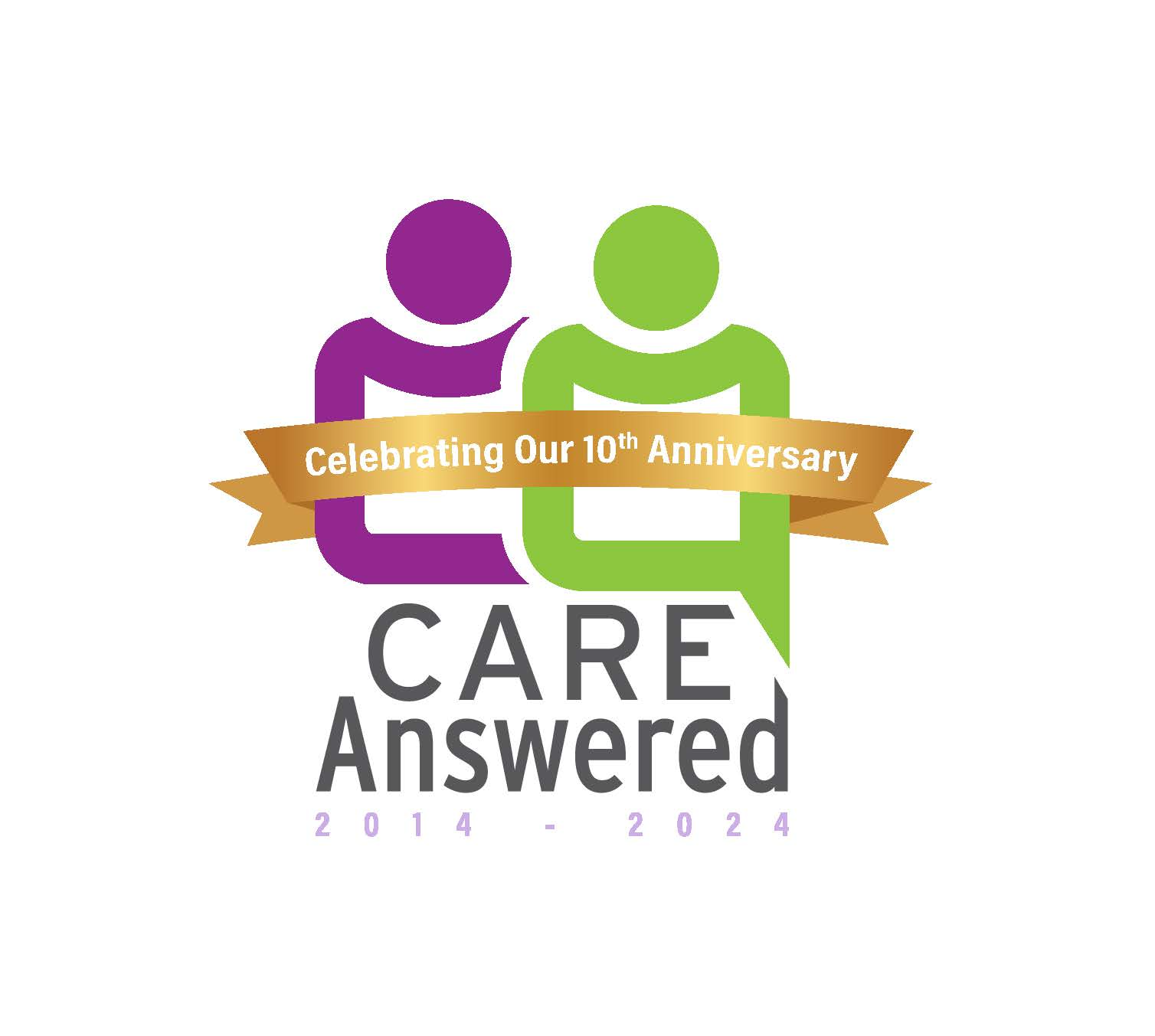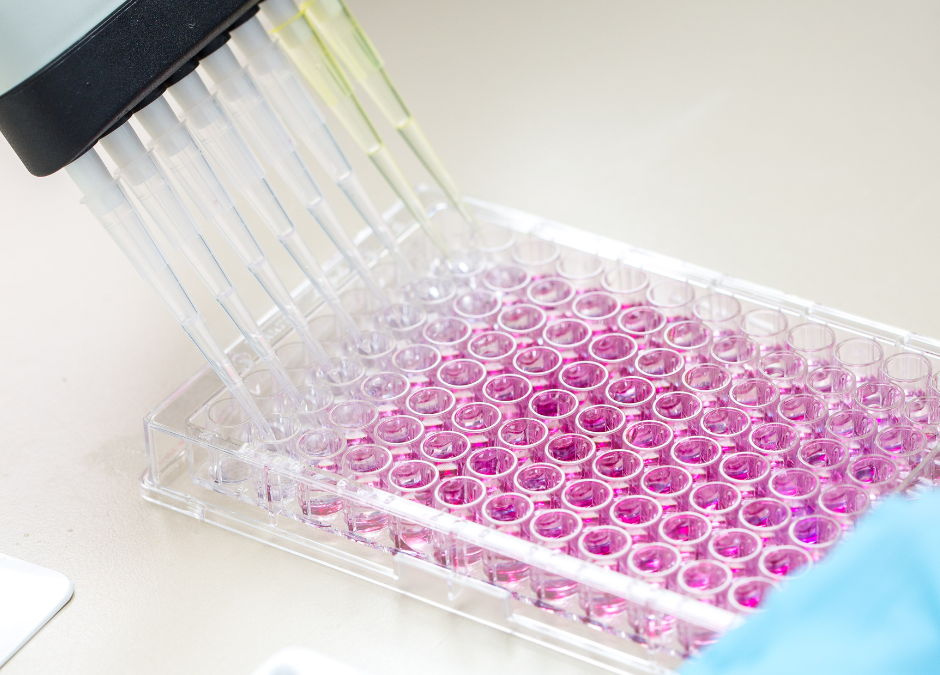Many people feel that cancer tends to run in the family, but they may not be aware of how real the risk of inherited cancer is for them. Cancer is still one of the leading causes of death in the United States, and up to 10 percent of cancers are linked to an inherited genetic mutation. The good news is that screening for those genes has become less expensive and more readily available. Those who find out that they carry one of these genetic mutations have the option of undergoing early, regular screenings to detect cancer when it is most treatable.
Who Should Consider Genetic Testing?
You may wish to consider genetic testing for cancer if you have a family history that includes:
- Cancer that was diagnosed at an unusually young age
- Several different types of cancer that occurred in the same person
- Cancer in both organs in a set of paired organs, such as both kidneys or both breasts
- Several first-degree relatives (the parents, siblings, or children of an individual) have the same type of cancer (for example, a mother, daughter, and sisters with breast cancer); family members with breast or ovarian cancer; family members with colon cancer and endometrial cancer
- Unusual cases of a specific cancer type (for example, breast cancer in a man)
- The presence of birth defects that are known to be associated with inherited cancer syndromes, such as certain noncancerous (benign) skin growths and skeletal abnormalities associated with neurofibromatosis type 1.
- Being a member of a racial or ethnic group that is known to have an increased risk of having a certain inherited cancer susceptibility syndrome and having one or more of the above features as well.
- Several family members with cancer. (National Cancer Institute, 2019)
Insurance Coverage
Most commercial insurance companies will cover cancer genetic testing when it is recommended by a doctor. Medicare and Medicaid provide some coverage for genetic testing; certain restrictions apply. Check with your insurance company prior to undergoing testing to confirm coverage.
Next Steps
Current genetic testing technology can reveal more than 50 different inherited cancer syndromes. It is important to realize that not every positive test result means that a person will develop cancer. Lifestyle and environmental factors may also play a role in whether someone with an inherited genetic mutation goes on to develop cancer. If you have concerns about your risk for inherited cancer, speak with your healthcare provider about genetic testing.
Source: National Cancer Institute

